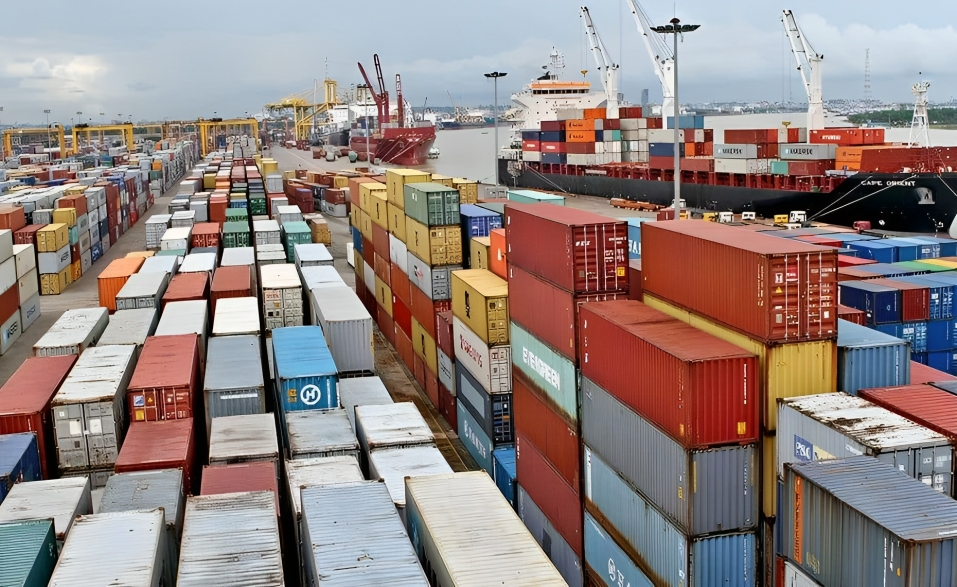
Port congestion is a major challenge for businesses in Nigeria. It can lead to delays in shipments, increased costs, and lost sales.
There are a number of factors that contribute to port congestion in Nigeria, including:
Increased demand for shipping: The Nigerian economy is growing, and more goods are being shipped than ever before. This has put a strain on ports, which are struggling to keep up with demand.
Infrastructure challenges:Nigeria's ports are facing a number of infrastructure challenges, such as inadequate berths, cranes, and other equipment. This makes it difficult to handle large volumes of cargo.
Inefficiency:Nigerian ports are also inefficient, with long delays in unloading ships and processing cargo. This can lead to further delays and increased costs for businesses.
Port congestion can have a significant impact on businesses in Nigeria. Delays in shipments can lead to lost sales and increased costs. Businesses may also have to pay higher freight rates to get their goods shipped.
Here are some of the specific challenges that businesses in Nigeria face as a result of port congestion:
Increased costs:Port congestion can lead to increased costs for businesses in a number of ways. For example, businesses may have to pay higher freight rates to get their goods shipped. They may also have to pay demurrage charges if their shipments are delayed.By understanding the challenges of port congestion and taking steps to mitigate them, businesses in Nigeria can minimize the impact of this problem on their operations.
Plan ahead:Businesses should plan ahead and order goods well in advance to avoid delays.
Use multiple shipping lines: Businesses should use multiple shipping lines to reduce their reliance on a single carrier.
Use air freight:Businesses may want to consider using air freight for urgent shipments.
Insure your shipments: Businesses should insure their shipments to protect themselves from financial losses in the event of damage or delays.
The Nigerian government is also taking steps to address the challenge of port congestion. For example, the government is investing in new port infrastructure and working to improve the efficiency of port operations. However, more needs to be done to address the root causes of port congestion, such as increased demand and infrastructure challenges.
Leave a comment